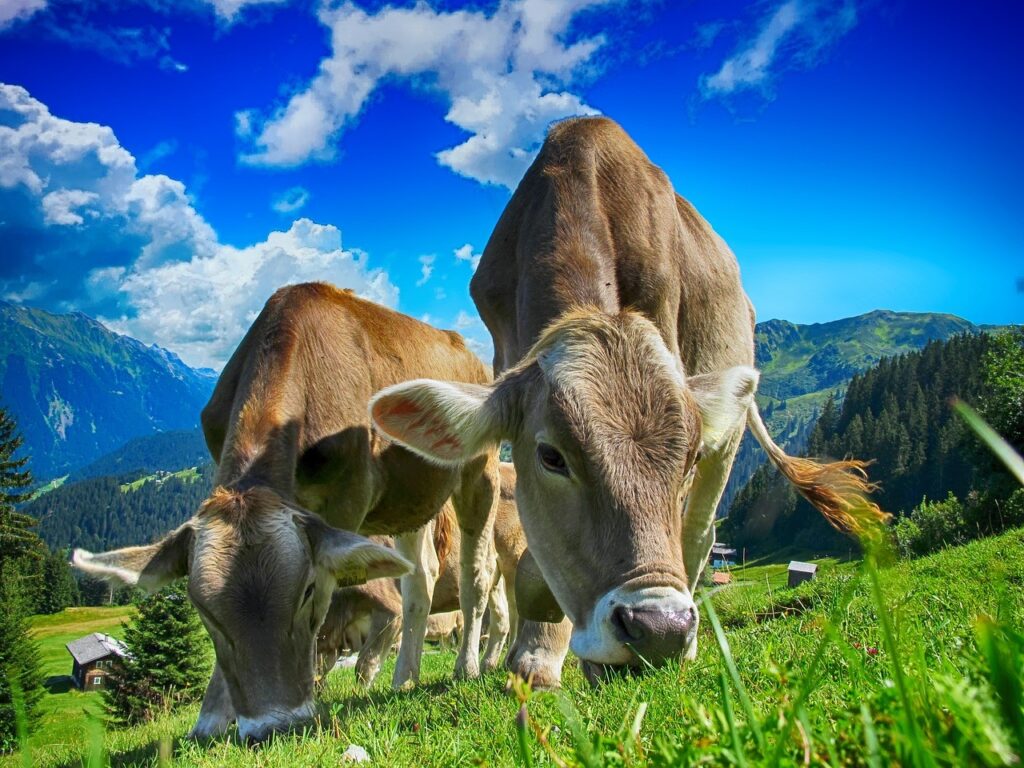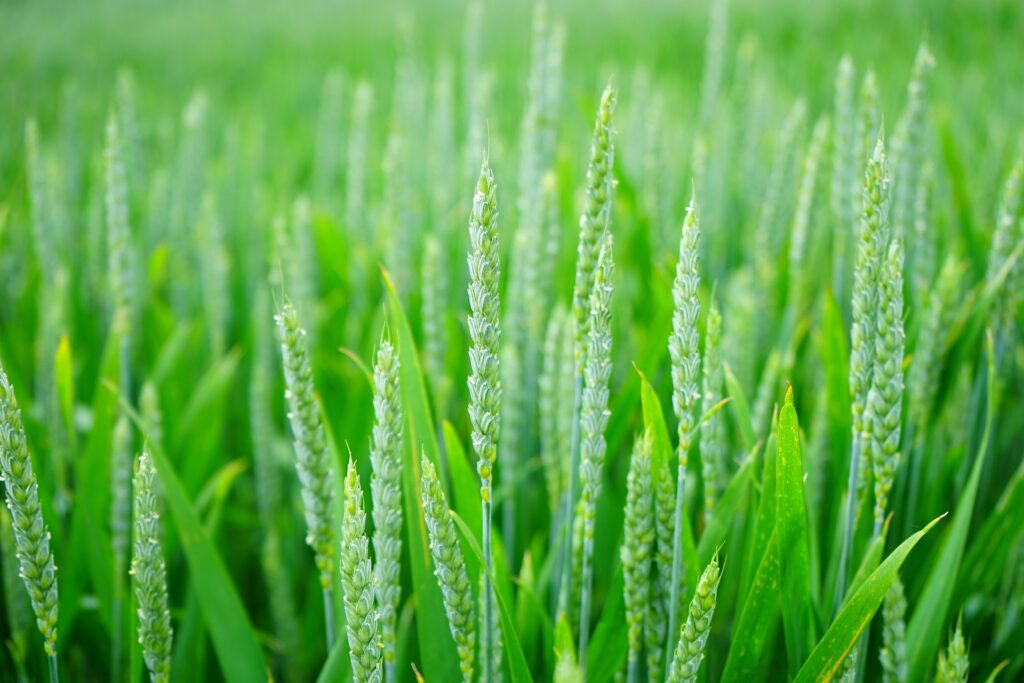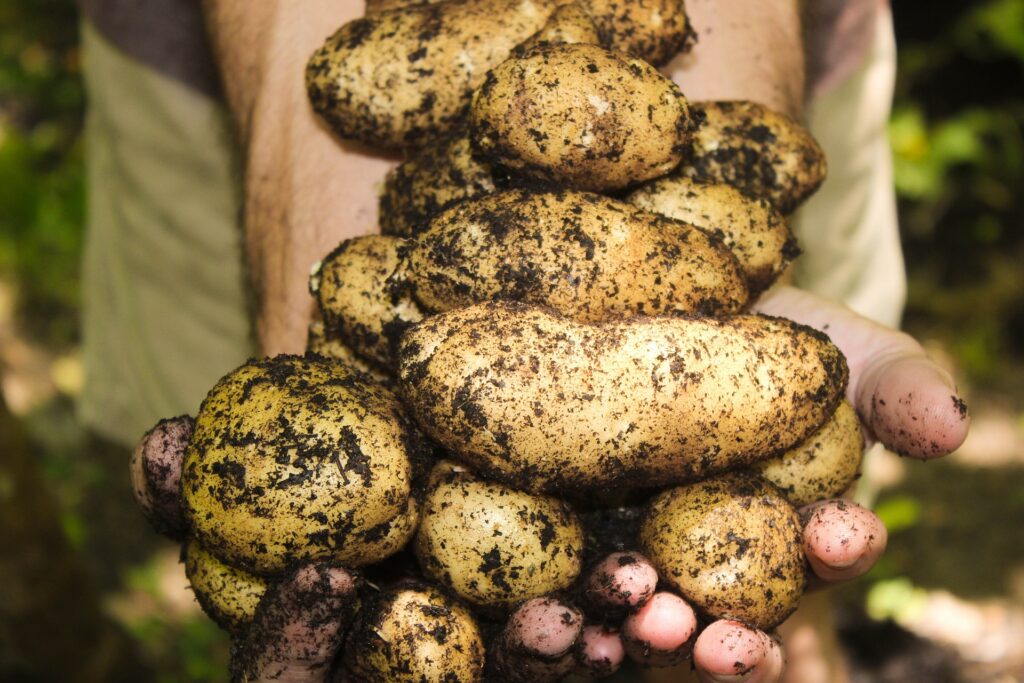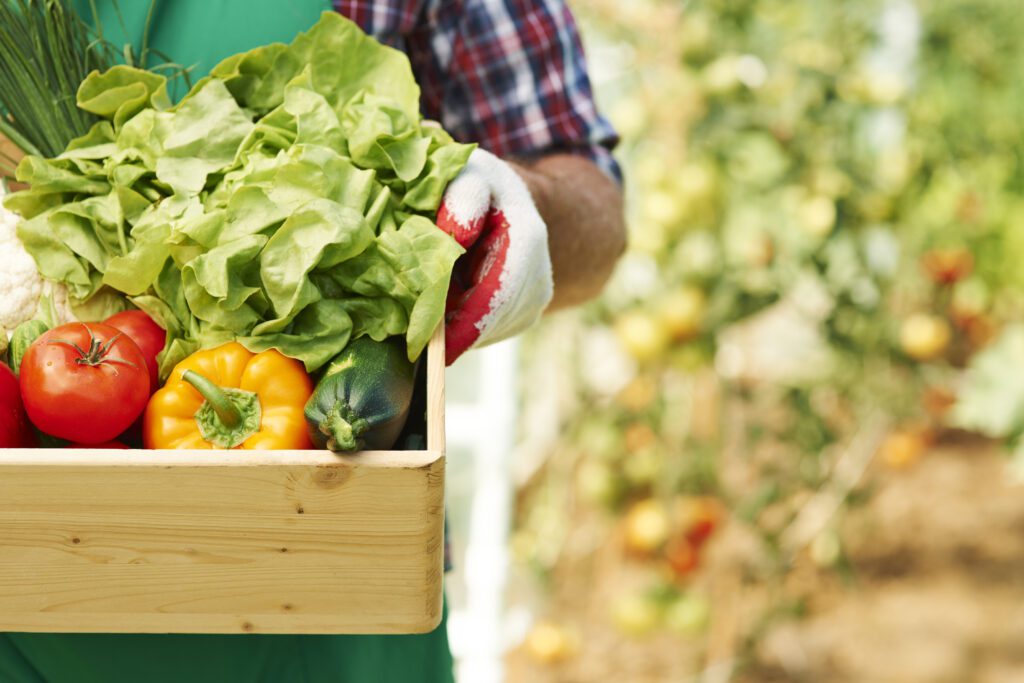Table of Contents

Introduction for The Importance of Organic Farming Nurturing Our Planet and Our Health
In recent years, organic farming has gained substantial traction, evolving from a niche practice into a mainstream movement. This shift reflects growing awareness of its numerous benefits, extending beyond mere food production to encompass environmental stewardship, health, and economic advantages. This blog delves into the importance of organic farming, exploring its origins, benefits, challenges, and future prospects.Importance of Organic Farming
Historical Context-
Organic farming is not a new concept. Its roots can be traced back to ancient agricultural practices that emphasized harmony with nature. However, the formalization of organic farming as we know it began in the early 20th century. Key figures like Sir Albert Howard and Rudolf Steiner laid the groundwork with their emphasis on soil health and ecological balance. Howard’s book, An Agricultural Testament, and Steiner’s biodynamic principles were instrumental in shaping modern organic practices.
The organic movement gained momentum in the 1960s and 70s, driven by increasing concerns over synthetic chemicals and industrial farming methods. The establishment of certification bodies and standards in the 1980s and 90s further propelled its growth. Today, organic farming is a global phenomenon, with millions of hectares dedicated to organic agriculture worldwide. Importance of Organic Farming


Environmental Benefits-
One of the most compelling reasons to support organic farming is its positive impact on the environment. Organic farming practices prioritize soil health, which is the foundation of sustainable agriculture. By avoiding synthetic fertilizers and pesticides, organic farmers enhance soil fertility through natural composting and crop rotation. This approach not only enriches the soil but also reduces erosion and maintains its structure.Organic farming also minimizes chemical runoff, which can contaminate water sources and harm aquatic ecosystems. Importance of Organic Farming
Instead of relying on harmful pesticides, organic farmers use natural pest control methods, such as introducing beneficial insects or using organic sprays. This reduces pollution and helps protect biodiversity, which is crucial for a balanced ecosystem.Furthermore, organic farming practices contribute to climate change mitigation. By sequestering carbon in the soil through practices like cover cropping and reduced tillage, organic farms can help offset greenhouse gas emissions. This stands in contrast to conventional farming methods that often exacerbate climate change through increased emissions and soil degradation. Importance of Organic Farming
Health Benefits-
Organic farming is often associated with better health outcomes, both for consumers and farmworkers. By avoiding synthetic pesticides, herbicides, and fertilizers, organic farmers reduce the risk of exposure to harmful chemicals. This is particularly important given the potential health risks associated with long-term pesticide exposure, including cancer and neurological disorders.Moreover, some studies suggest that organic produce may have higher nutritional value compared to conventionally grown counterparts. Organic fruits and vegetables are often richer in certain vitamins and antioxidants, which are crucial for overall health. While research is ongoing, many consumers choose organic products for their perceived superior nutritional profile. Importance of Organic Farming
For farmworkers, organic farming offers a safer work environment. The absence of toxic chemicals means less exposure to potentially harmful substances, leading to better health outcomes for those working the land. Importance of Organic Farming


Economic Advantages
The economic impact of organic farming is multifaceted. As consumer demand for organic products continues to rise, organic farmers often enjoy a price premium for their goods. This can translate into higher profitability compared to conventional farming, despite potentially lower yields.
Organic farming also has the potential to stimulate local economies. By supporting organic farms, communities can benefit from job creation and rural development. Organic farms often require more labor-intensive practices, which can provide employment opportunities in agricultural regions.Furthermore, the growth of the organic sector has led to increased investment in research and technology. Innovations such as organic pest control solutions and sustainable farming techniques contribute to the overall advancement of agriculture and benefit both organic and conventional farming practices. Importance of Organic Farming


Ethical and Social
Considerations-Organic farming is closely aligned with ethical and social values. Animal welfare is a central concern in organic farming, where animals are raised under conditions that promote their well-being. Organic standards often require access to pasture and prohibit the use of growth hormones and antibiotics, ensuring a higher standard of care.Additionally, organic farming practices often emphasize fair trade and equitable labor practices. Many organic farms are committed to providing fair wages and safe working conditions, contributing to social justice within the agricultural sector.
Community involvement is another important aspect. Organic farms frequently engage with local communities through farmers’ markets, educational programs, and farm tours. This fosters a stronger connection between consumers and the food they eat, promoting transparency and trust.Importance of Organic Farming
Challenges and Criticisms-
Despite its benefits, organic farming faces several challenges and criticisms. One major concern is the higher cost of organic products. Organic farming methods can be more labor-intensive and require more inputs, leading to higher production costs. This can result in higher prices for consumers, which may limit accessibility.Additionally, organic farming generally yields less produce compared to conventional methods. This can pose challenges in meeting the growing global demand for food. Critics argue that scaling up organic farming to replace conventional agriculture on a large scale might be impractical given current limitations.
Certification and regulatory issues also present challenges. The process of becoming certified organic can be complex and costly, which may discourage some farmers from pursuing organic certification. Furthermore, maintaining the integrity of organic standards requires rigorous monitoring and enforcement, which can be resource-intensive. Importance of Organic Farming


Future of Organic Farming-
Looking ahead, the future of organic farming appears promising but requires continued innovation and adaptation. Advances in technology and research are likely to enhance organic farming practices, making them more efficient and scalable. For example, developments in precision agriculture could help optimize organic farming methods and improve yields.
Integrating organic practices with other sustainable approaches, such as agroecology and permaculture, could also offer new solutions for global food production. These holistic approaches emphasize ecological balance and resilience, aligning well with the principles of organic farming.
Policy support will play a crucial role in shaping the future of organic farming. Governments and institutions can promote organic agriculture through subsidies, research funding, and consumer education. This support will be essential in addressing the challenges and ensuring the continued growth and viability of organic farming. Importance of Organic Farming
Conclusion-
Organic farming represents a crucial component of a sustainable agricultural system. Its benefits extend far beyond the production of food, impacting environmental health, human well-being, and economic stability. By prioritizing soil health, reducing chemical use, and promoting ethical practices, organic farming offers a viable path toward a more sustainable and equitable food system. Importance of Organic Farming